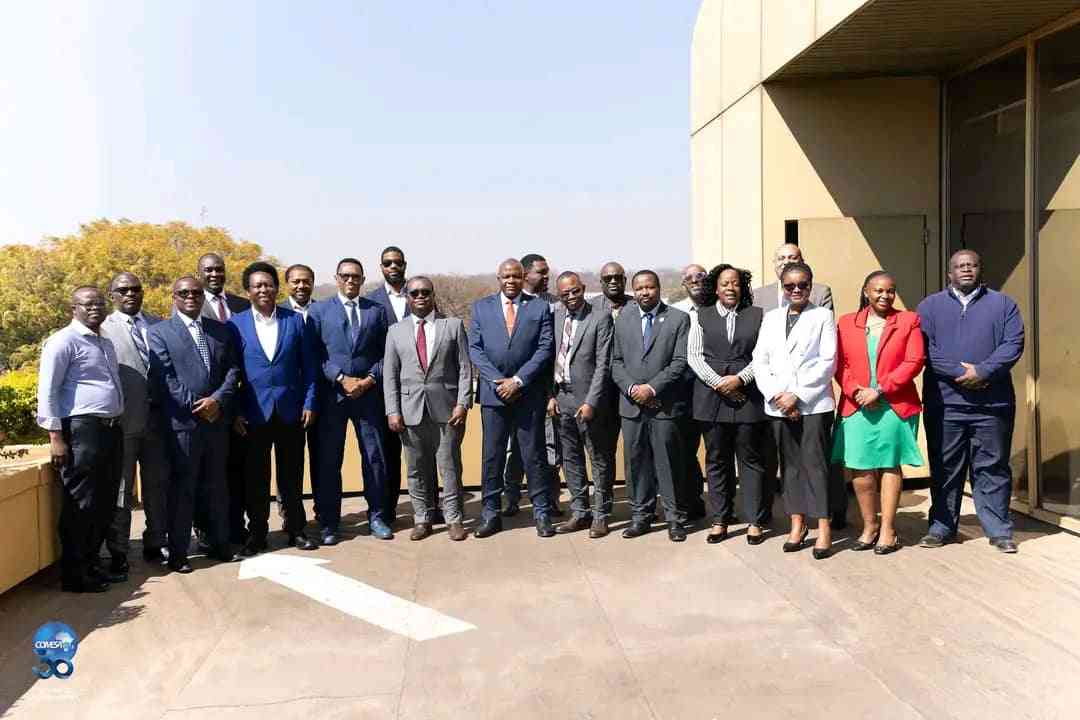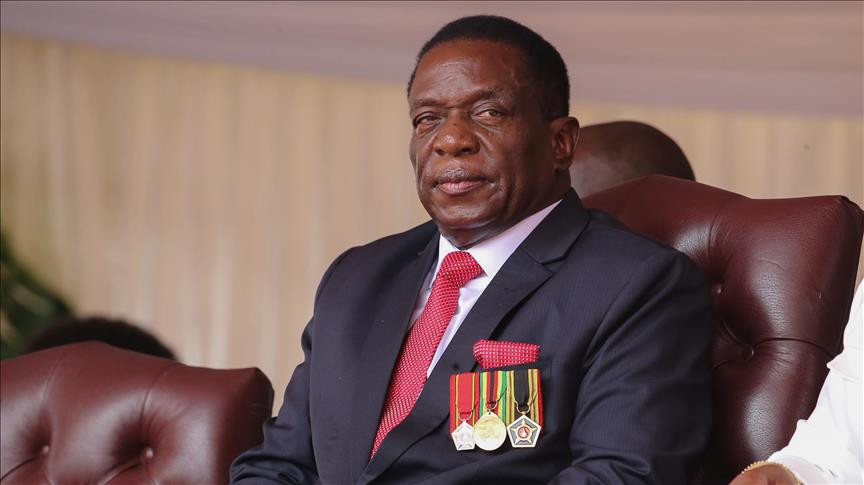
Some major retail shops adjusted the exchange to ZiG30 per dollar yesterday to hedge against losses as the local currency faltered a day after President Emmerson Mnangagwa claimed the unit was being attacked by economic “saboteurs”.
Others retailers were claiming that the point-of-sale machines were down which forced customers to pay in United States dollar.
NewsDay also heard that several shops delayed opening doors to the public as they were adjusting prices to match parallel market rates which are ranging from ZiG35 to ZiG40.
A leading supermarket adjusted its rate to US$1:ZiG30, with the parallel market rate hovering around 1:35.
On Monday, retailers warned the government that its “command” exchange rate was unsustainable, adding that basic goods will soon disappear from shop shelves.
Yesterday, manufacturers and the Confederation of Zimbabwe Industries held an emergency meeting in Harare over the state of the economy.
The currency, which was introduced amid pomp in April this year trading at US$1:ZiG13,50 has spectacularly crashed, despite that the official exchange rate has not changed much.
The unprecedented collapse of the currency, said to be backed by gold and foreign currency reserves, has ratcheted pressure on government to put its house in order.
- Mthuli Ncube abandons struggling consumers
- Fears of jobs carnage as crisis deepens
- Fresh warning over bank rate hikes
- Police admit that money changers are untouchable
Keep Reading
Mnangagwa seemed to lay the blame on economic detractors during a Zanu PF politburo meeting on Wednesday.
“Acts of economic sabotage, speculative and counter-productive tendencies by those who thrive on greed and profiteering have no place in our country,” Mnangagwa said.
“Attacks on the economy to make the public suffer are unacceptable and my government will protect the ordinary people.”
The Reserve Bank of Zimbabwe (RBZ) and Treasury bureaucrats insist that the ZiG is taking a beating from speculative activities.
The central bank says it has pumped over US$100 million into the market in two months to stabilise the ZiG, the country’s sixth attempt to establish a stable currency in over a decade.
Critics, including known Zanu PF activists, said the RBZ was to blame for repeating failed currency experiments with the introduction of ZiG.
In 2019, Mnangagwa re-introduced the local currency after a decade of dollarisation.
However, the currency was battered by inflation and was resultantly scrapped early this year and replaced by the ZiG.
Zanu PF apologist Kudzai Mutisi said the RBZ had learnt nothing from past currency failures.
“President Mnangagwa said the ‘economy is under attack’. . . No, not at all. The economy is deliberately mismanaged by RBZ and Zimbabwe treasury honchos . . . probably because they benefit from the chaos and suffering they are creating,” Mutisi commented on X (formerly Twitter) on the ZiG debate.
“This, as VP [Constantino] Chiwenga put it, is a security threat. Zimbabweans deserve a normal economy, not this feja-feja economics. We can’t say [Finance minister] Mthuli Ncube doesn’t know what needs to be done. He knows but he is happy with the chaos.”
Economist Gift Mugano said the currency chaos was inevitable as the government had turned a deaf ear to calls to address economic fundamentals before introducing the currency.
“Unfortunately, the government can’t be as strong in the economic market as it is in the political market because the economy can’t be rigged, manipulated, oppressed,” he said.
Exiled former Cabinet minister Walter Mzembi said forcing a currency on people was bound to fail in the long run.
“Mono-currency or multi-currency, nothing works if the politics is not right and every policy measure has to be enforced by the police and State agencies in the midst of fiscal indiscipline and gross reluctance by the government to use its own currency,” Mzembi commented.
Political commentator Pedzisayi Ruhanya said the politicisation of the economy would not work.
“The politics of the State must be aligned to its economic politics. Marketisation of the economy with command tendencies without democratisation under authoritarian tutelage has failed to address the corruption and decomposition of the political,” he said.
Ruhanya urged the government to undertake comprehensive research focused on the need to understand why local currencies are failing and what needs to be done.











